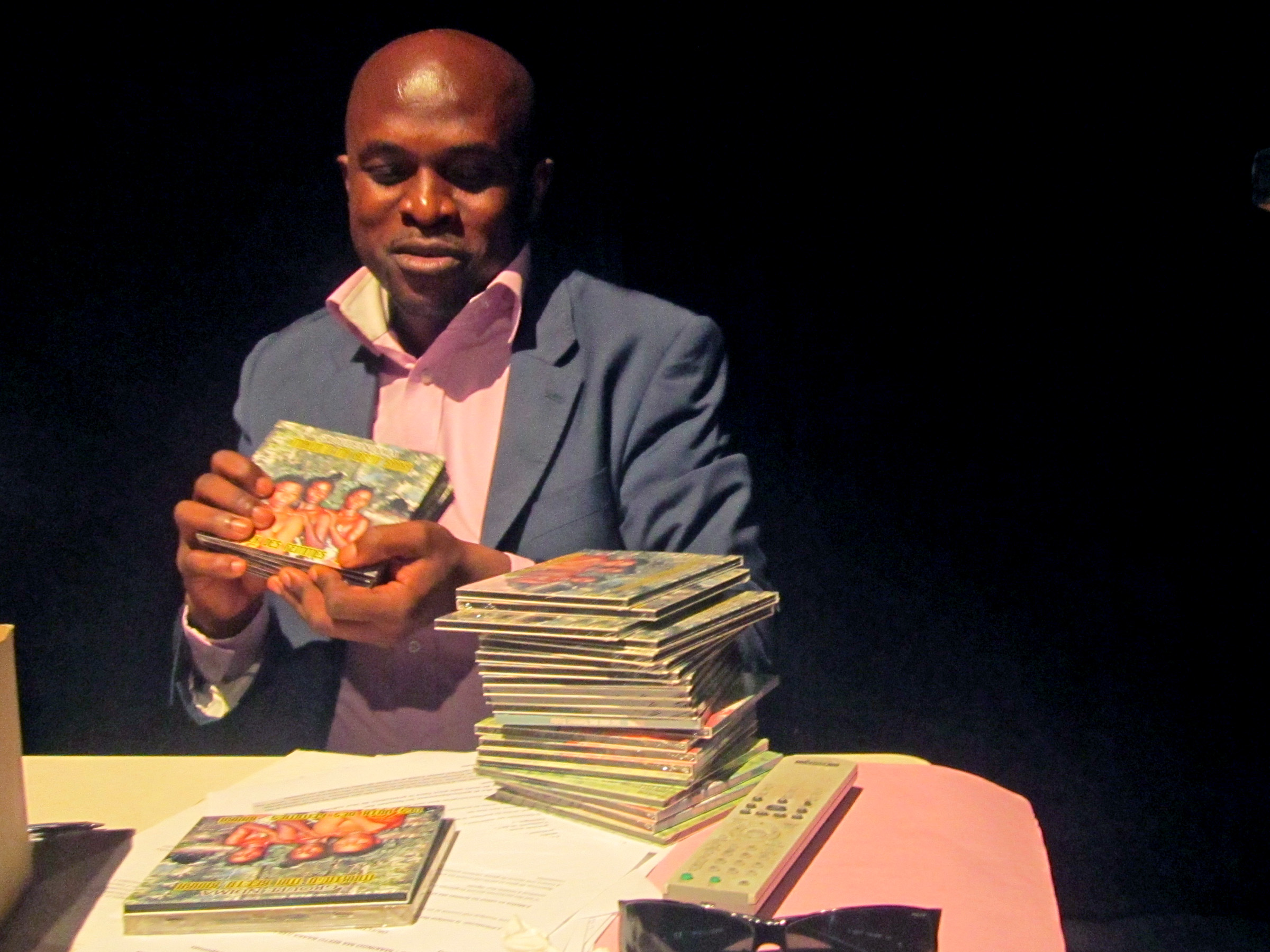The album, ‘Makingo ma beeto Baka’ (Voices of Baka Women), has 13 songs and is the brainchild of Sorel Eta, 38, a Bantu from Congo. “I did it… to promote the music of the indigenous people, which is very rich but little known… I did not do it just for the money but to defend their cause through song,” he said.
Threatened by extinction, the aboriginal peoples of Congo make up no more than 2 percent of the population, according to the UN Population Fund. In 2011, Congo passed a law protecting the rights of this minority, but according to Roch Euloge Nzobo of the Congolese Human Rights Observatory, “this law has been in abeyance because it has not been formally implemented.”
“Aboriginal songs have specific features which enable us to better understand rainforest people. It’s a unique kind of music,” Alphonse Dzanga Konga, cultural adviser to the Congolese presidency, told IRIN. A thousand CDs of the album have been made; it sells for US$10 in Congo and $20 in Switzerland, where it was produced.
lm/cb/rz
This article was produced by IRIN News while it was part of the United Nations Office for the Coordination of Humanitarian Affairs. Please send queries on copyright or liability to the UN. For more information: https://shop.un.org/rights-permissions





